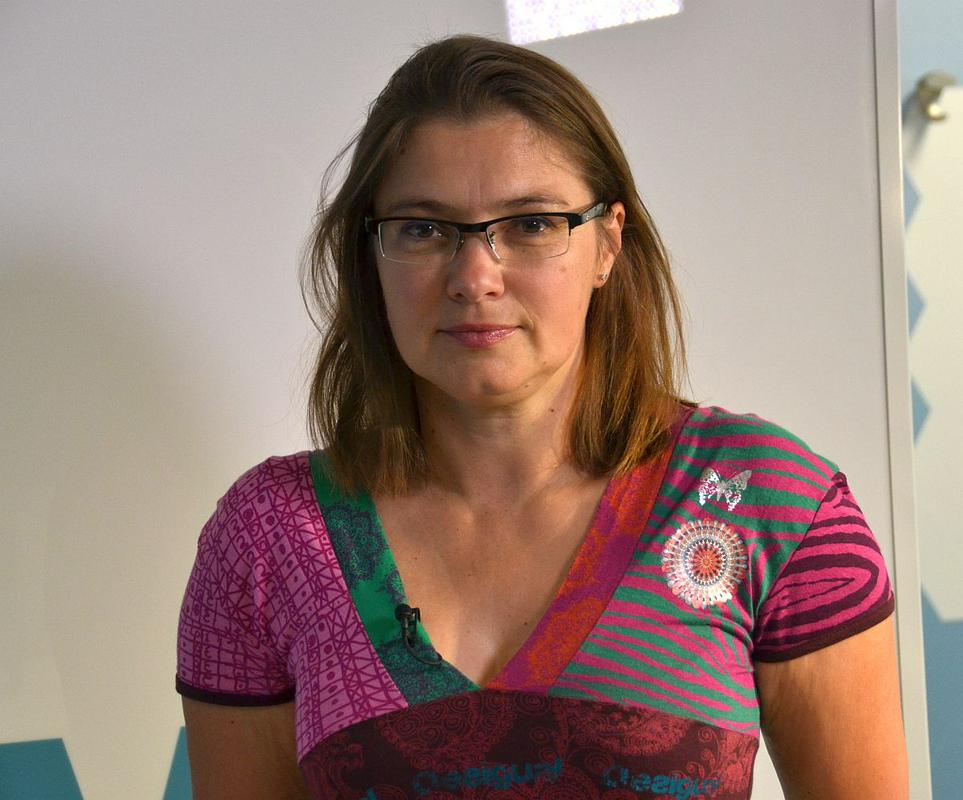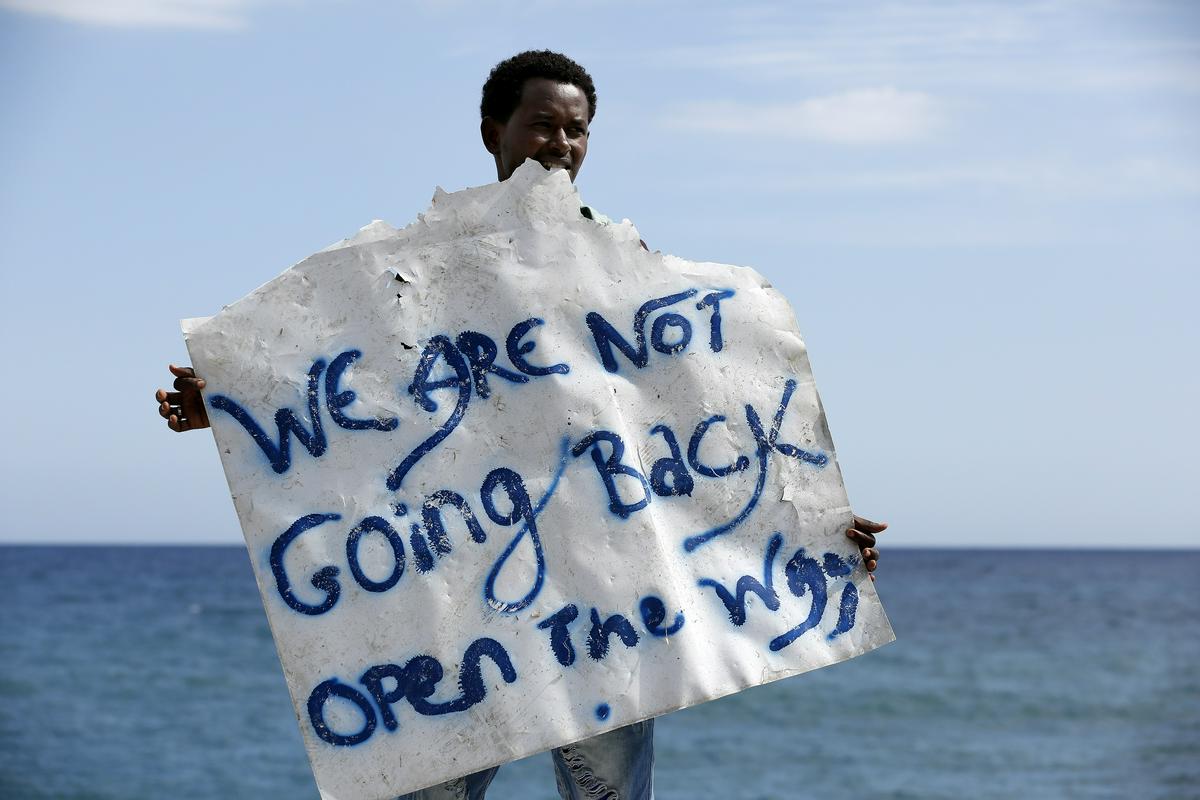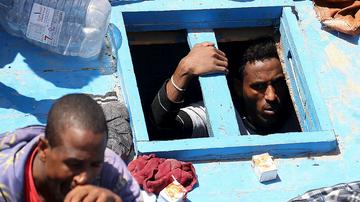
The world is facing the biggest refugee crisis since WWII. According to the UN High Commission for Refugees, the number of refugees at the end of last year reached almost 60 million. More than a half of all the refugees are children. If all the refugees and internally displaced people in the world would form a country, it would be the 24th country in the world regarded population.
"Those people would be given the most if the situation in their countries returned to normal. However, if that's not possible, due to a war or the violation of human rights, then the burden has to be divided between all the countries in the EU. It shouldn't be that way that Italy and Greece have high numbers of refugees, while we wait and refuse to accept them," says Aida Hadžiahmetović.
The European Commission has announced a refugee quota system for EU states. According to the system Slovenia would take in 702 refugees. PM Miro Cerar recently said that Slovenia could take in between 15 and 20 refugees.
Is Slovenia logistically capable at this moment of accepting such a number of new refugees? "Among the 702 persons, 207 have reportedly already been granted a status, which ensures all their rights and responsibilities. They just have to be transferred to Slovenia. 495 of them are yet to go through the process, which would ascertain whether they are indeed in need of protection. The plan is for Slovenia to take in 50 refugees a month. They would be placed at the Asylum Home in Ljubljana, which is the only institution in Slovenia dealing with such individuals. The capacity of the home is 208 people. So, if we think about the 702, it's practically impossible."
Therefore, other lodging possibilities and ways of taking care of the refugees have to be considered. For now, the government's plans are unclear. "It seems to me that we know very little about the refugees' culture, habits and values, which are very similar to ours. We're afraid of foreigners. In my opinion they bring a lot of good – new experiences, knowledge and ways of thinking. There will be enough work for everyone, if we know how to use the potential. They don't only bring their bad experiences with them," adds Hadžiahmetović.
Katja Štok, MMC;
translated by K. J.






























































